Vietnam can produce goods that American consumers want to buy but are too expensive to produce in the US and Mr. Trump would prefer if they did not buy from China, according to VinaCapital.
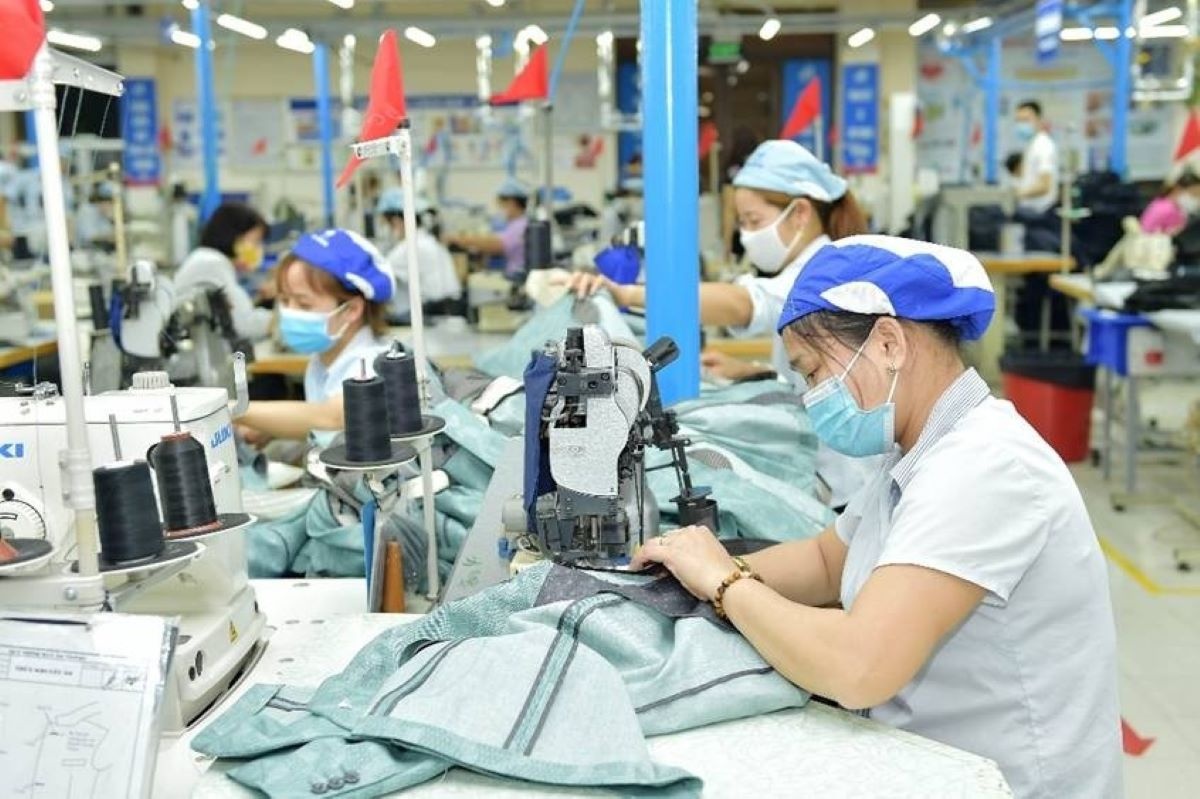 |
| Vietnam had a trade surplus of about $100 billion with the US last year. |
With the US presidential election over, all eyes are on what the new administration of Donald Trump will do when it takes office in January 2025. In many countries around the world, there are many concerns about the impact of this event on their economies.
However, VinaCapital believes these risks have been overstated and there is no reason to worry that a Trump victory will derail Vietnam's healthy economic growth.
According to Mr. Michael Kokalari - Director of Macroeconomic Analysis and Market Research at VinaCapital, the first and most important reason is that the recent US presidential election recorded many exaggerated statements and exaggerated information from the media, which made many voters feel like it was information for campaigning instead of fair and objective information - but this also led to excessive concerns about the economic impact of Mr. Trump's second presidential term. "We believe that what is about to happen is actually normal," Mr. Michael Kokalari shared.
Both presidential candidates have pledged to bring manufacturing jobs back to the US if they win. Mr Trump has vowed to impose a 60% tariff on goods imported from China and a 20-30% tariff on other countries to achieve this goal.
According to VinaCapital, Mr. Trump wants Chinese manufacturers to build factories in the US and hire American workers, similar to what Japan did in the 1980s and 1990s.
VinaCapital believes that Mr. Trump promised high tariffs during the election campaign because the threat of tariffs (especially against China and Mexico) was a powerful slogan during the election campaign, attracting support from one of Mr. Trump’s key voter groups: the working class. And the 60% figure may just be a bargaining chip in negotiations with China (given that Mr. Trump is a real estate developer, an industry that often has extreme “opening” negotiation strategies).
In fact, Mr. Trump has assembled a team of highly knowledgeable and talented economic advisers who have greater influence over him than his first-term advisers, and they are fully aware of the negative consequences of imposing heavy tariffs on goods imported into the United States. These negative consequences include discouraging the return of manufacturing jobs to the United States, because high tariffs drive up the value of the dollar.
According to Michael Kokalari, Mr. Trump initiated the US-China trade war and Mr. Biden continued it, making it clear that both US political parties view China as a strategic competitor of the US. In contrast, VinaCapital has cited numerous evidences in reports and webinars that the US is expanding its positive economic relationship with Vietnam, at the highest levels of the US government.
"Moreover, Mr. Trump is a populist, and Vietnam is highly regarded by American voters; we do not see any significant opposition to the consumption of "made in Vietnam" products from American consumers," said Mr. Michael Kokalari.
Therefore, there is no reason for Trump to target Vietnam from a populist perspective. In fact, Vietnam can be seen as a useful partner in helping the US escape its dependence on cheap goods from China, because high wages and a scarcity of skilled factory workers will limit US efforts to bring manufacturing jobs back, focusing only on high value-added products.
In short, Vietnam can produce goods that American consumers want to buy but are too expensive to produce in the United States, and Mr. Trump would prefer if they did not buy from China.
Vietnam had a trade surplus of about $100 billion with the US last year, making Vietnam the country with the third largest trade balance with the US, after China and Mexico, said Mr. Michael Kokalari.
At some point, this imbalance will become a problem for the Trump administration. Fortunately, it can be easily addressed by buying high-value products like LNG and aircraft engines from the US.
VinaCapital believes that Vietnam will maintain its steady growth momentum under the Trump administration. Vietnam’s skillful “Bamboo Diplomacy” of maintaining good relations with all major powers in the world has helped Vietnam achieve many successes, and there is no reason to believe that this will change. While the US may impose new tariffs on imported goods, we believe that it is very unlikely that the US will impose heavy tariffs (20-30%) on imported goods from Vietnam.
Moreover, if the US imposes a comprehensive tariff, say 5-10% on imports from all countries other than China, Vietnam will still retain its advantage over other competitors in terms of FDI inflows. Therefore, the factors that make Vietnam attractive to manufacturers and have attracted billions of dollars of FDI will continue to be maintained.
However, Vietnam would benefit if it started looking at ways to reduce its trade surplus with the US before the issue becomes a major concern for the new administration.
Source: https://thoibaonganhang.vn/ong-donald-trump-tai-dac-cu-tong-thong-my-co-gay-tac-dong-lon-den-kinh-te-viet-nam-157590.html




![[Photo] Ministry of Defense sees off relief forces to the airport to Myanmar for mission](https://vstatic.vietnam.vn/vietnam/resource/IMAGE/2025/3/30/245629fab9d644fd909ecd67f1749123)





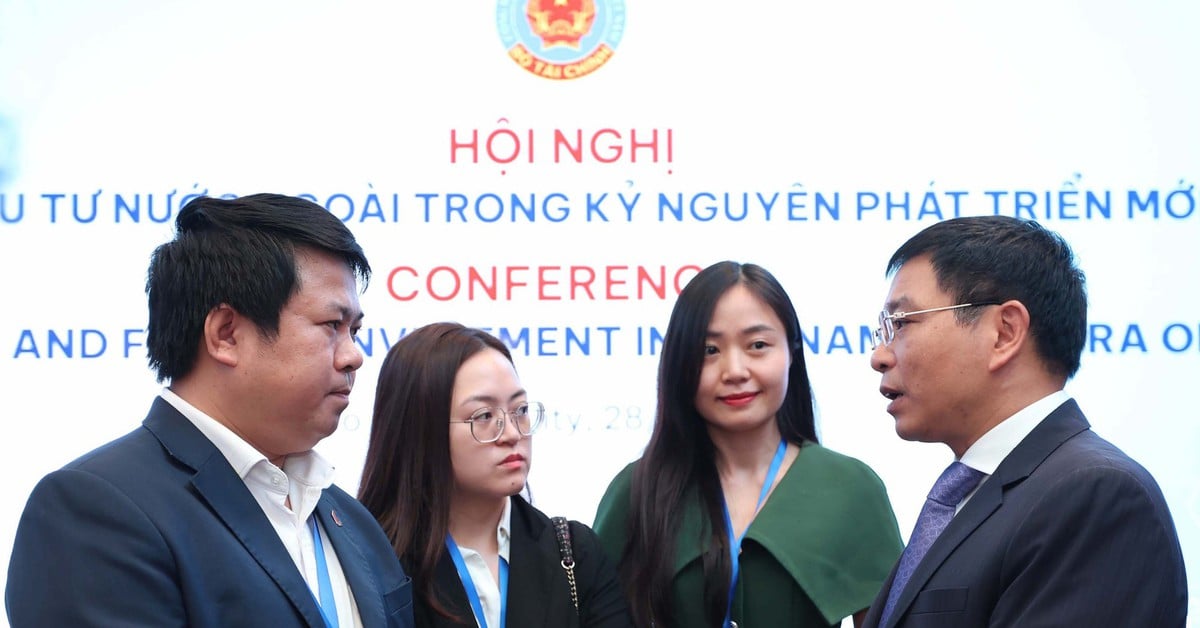

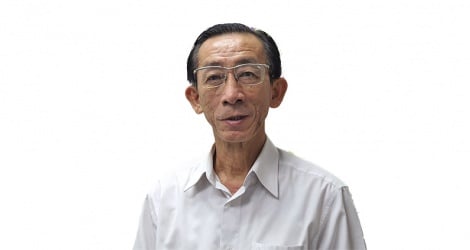

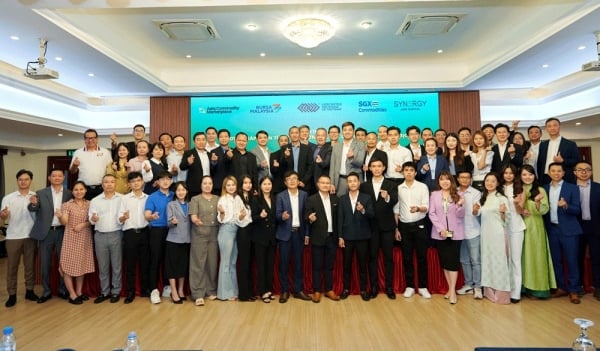

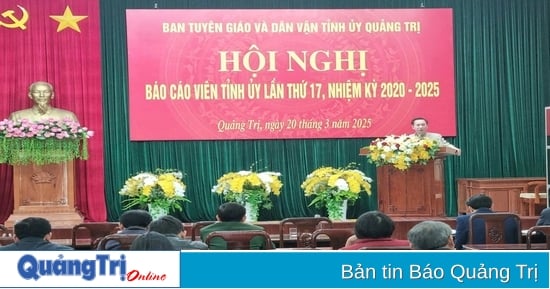

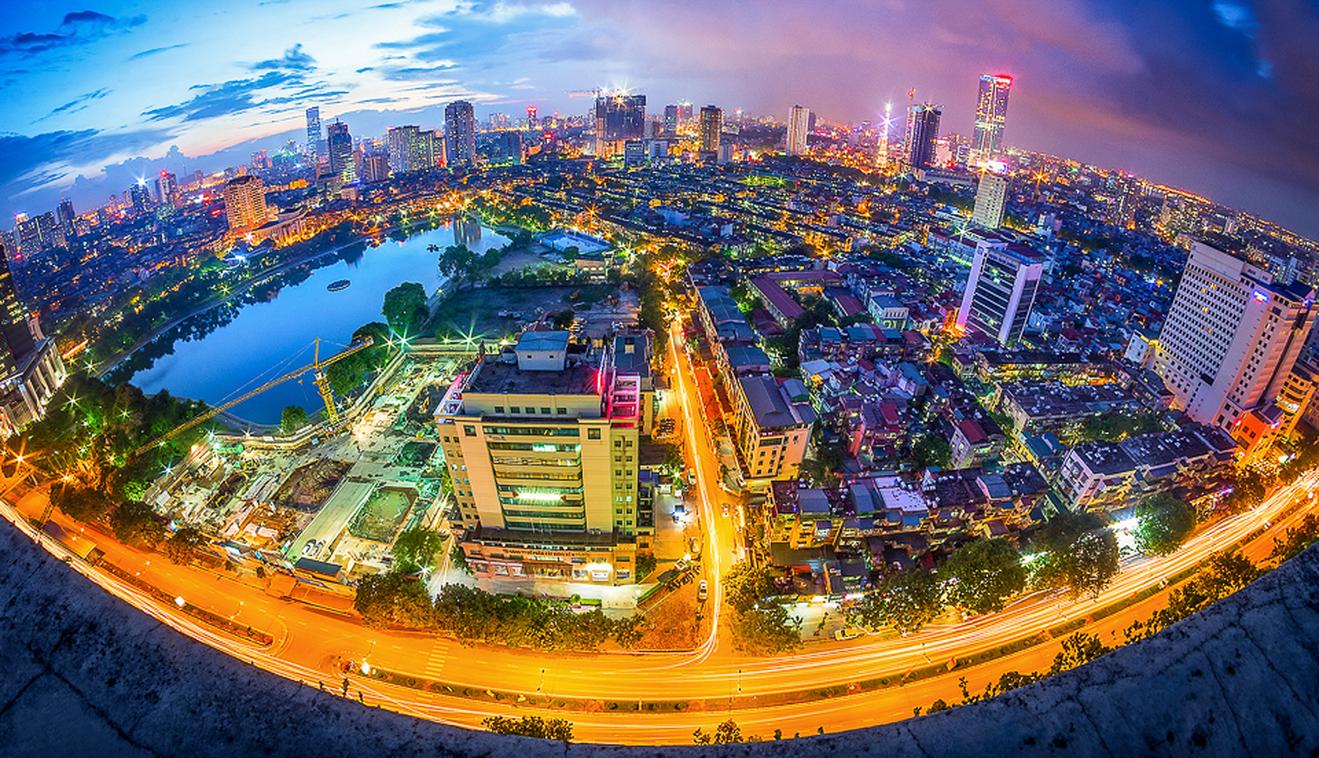

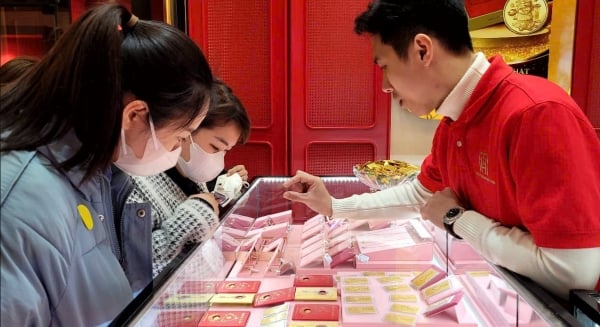
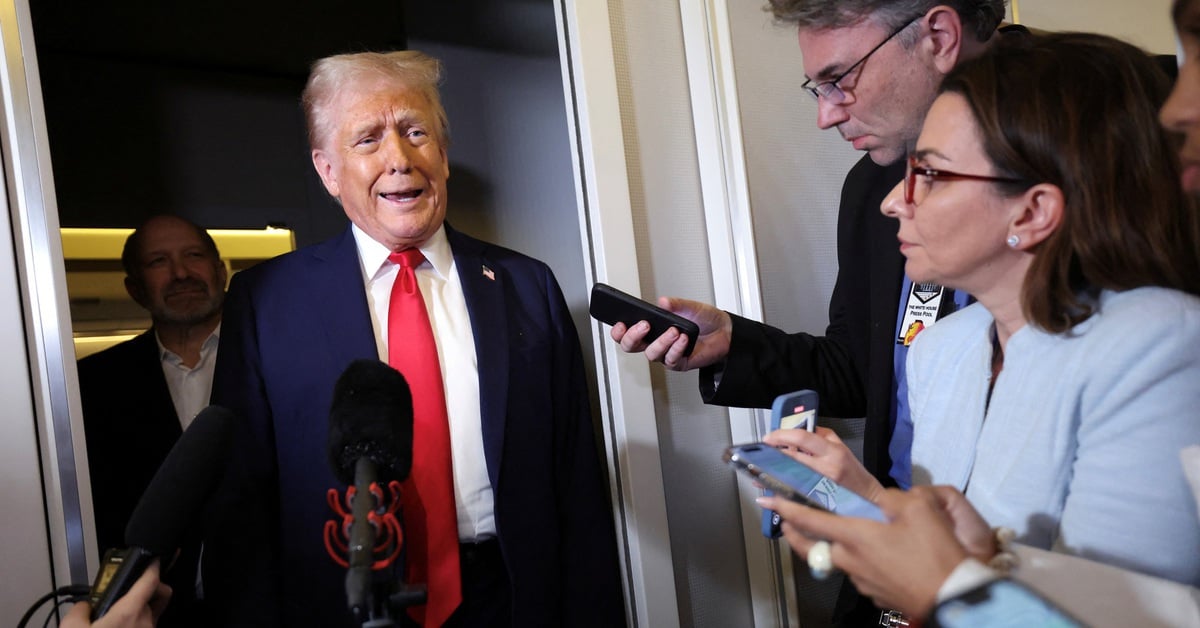



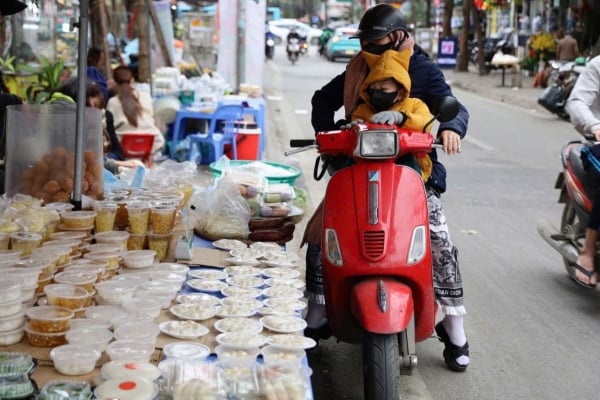



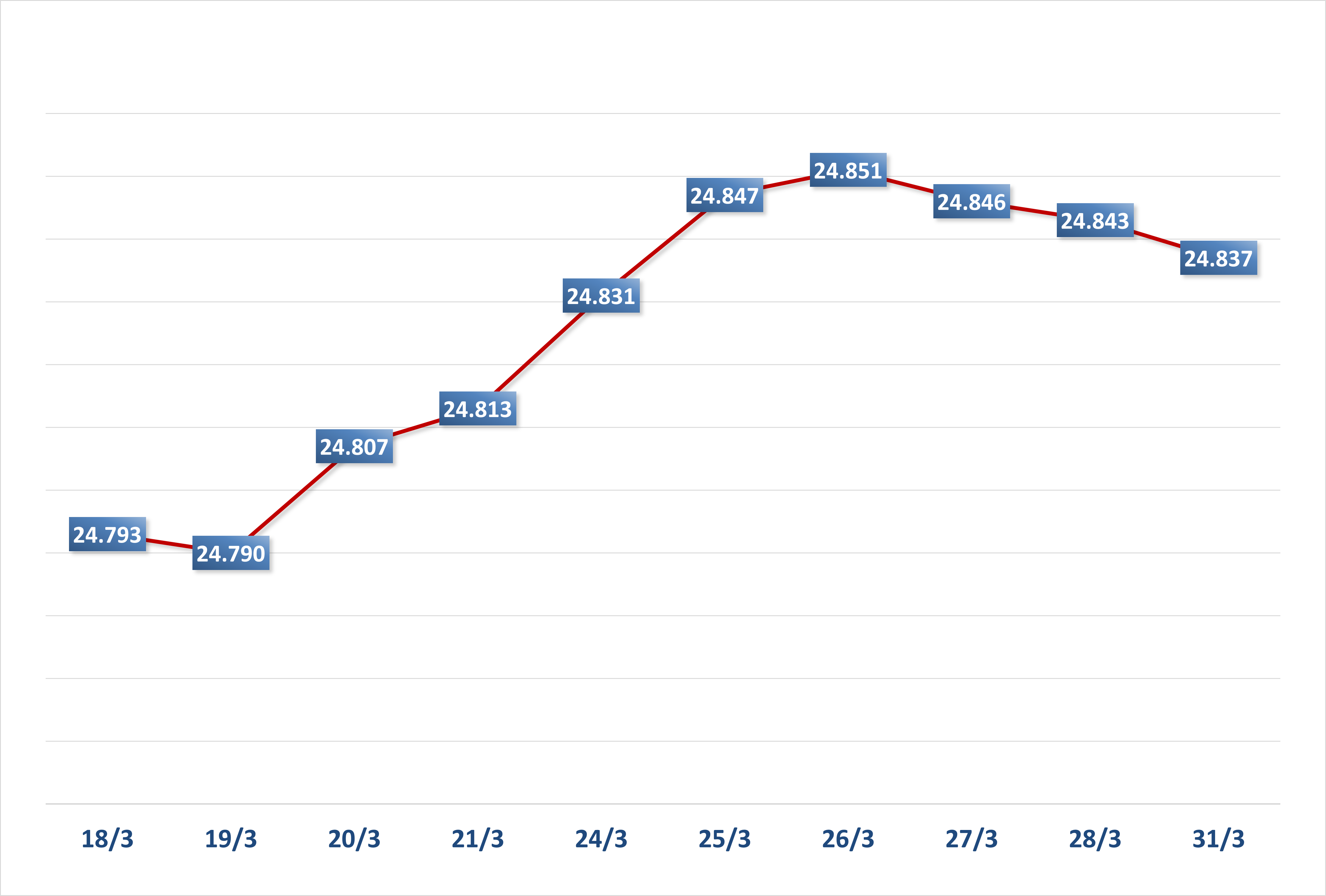

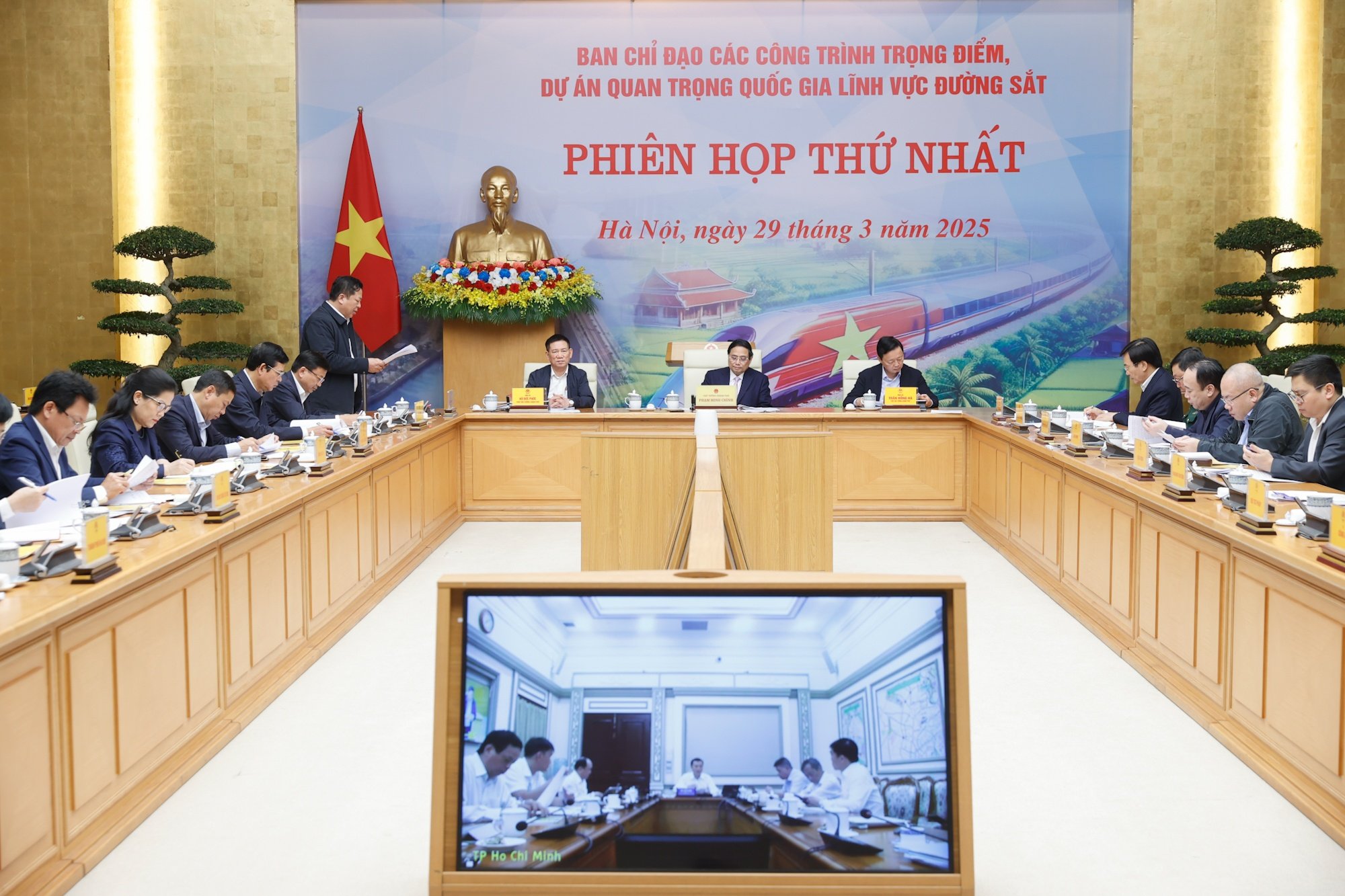
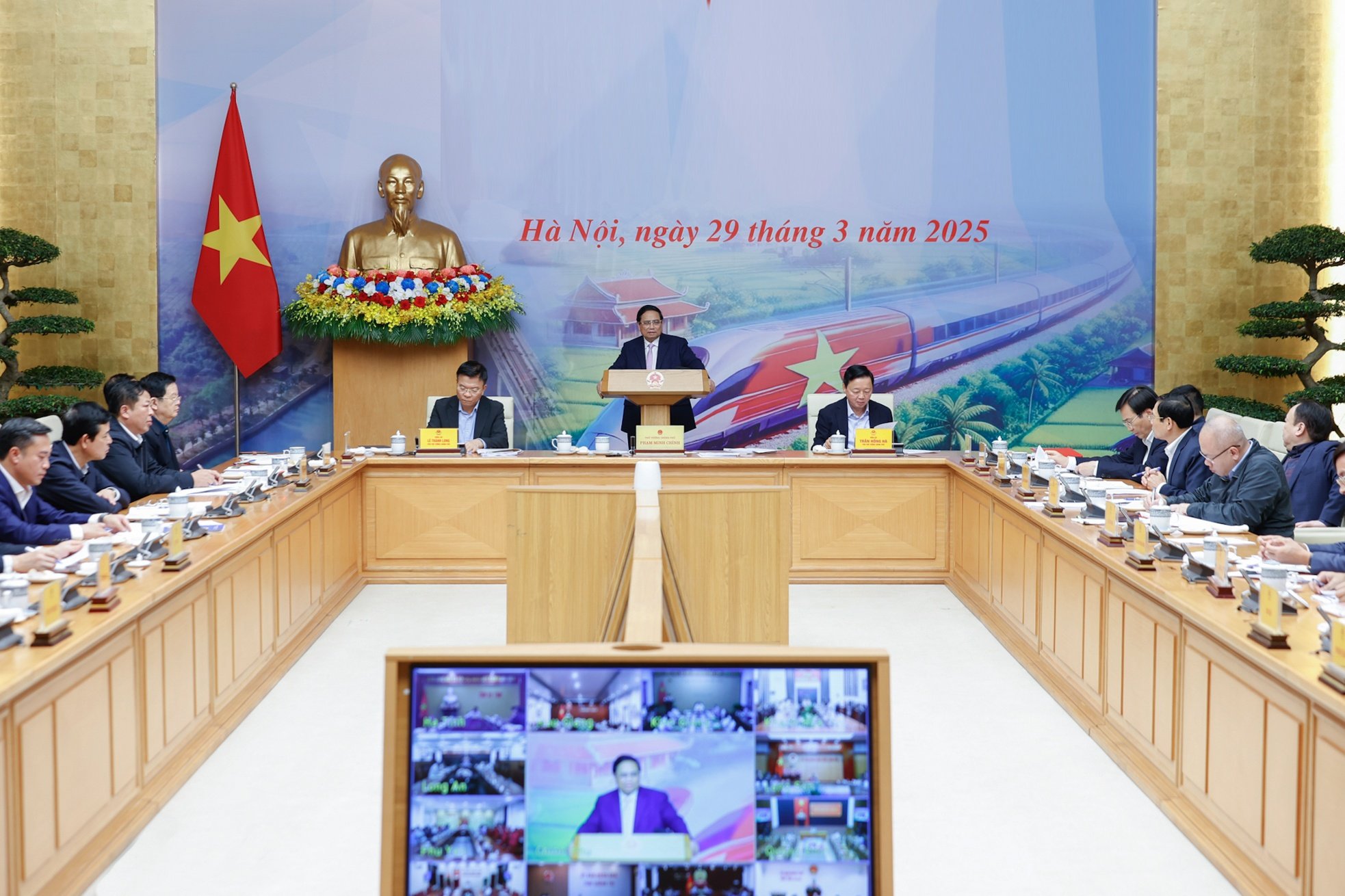
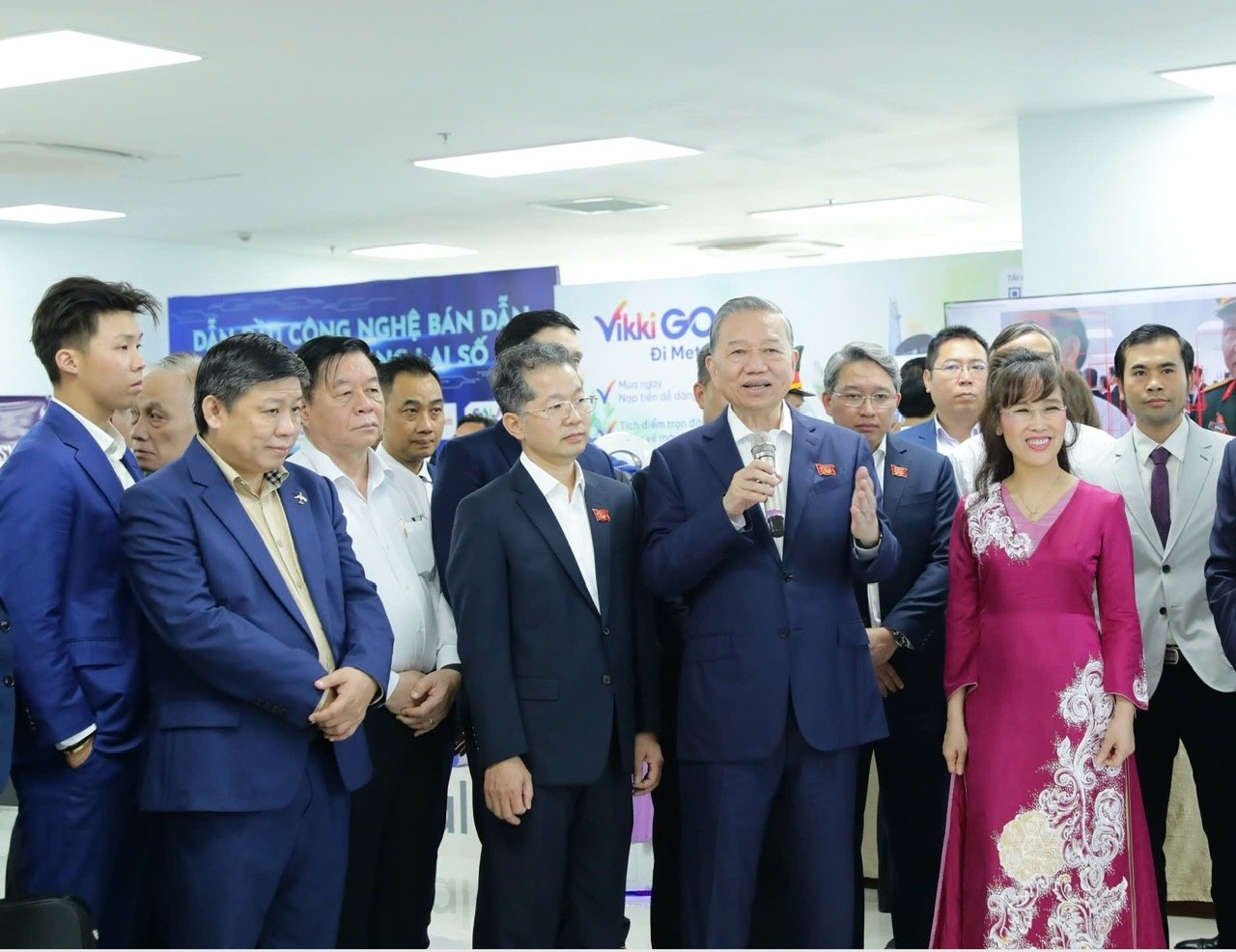

![[Photo] Prime Minister Pham Minh Chinh chairs meeting to remove difficulties for projects](https://vstatic.vietnam.vn/vietnam/resource/IMAGE/2025/3/30/7d354a396d4e4699adc2ccc0d44fbd4f)











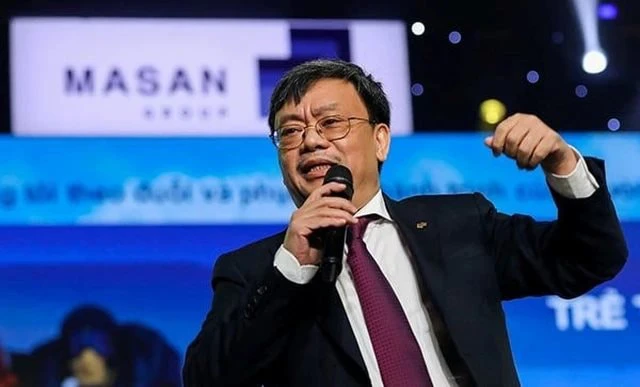





























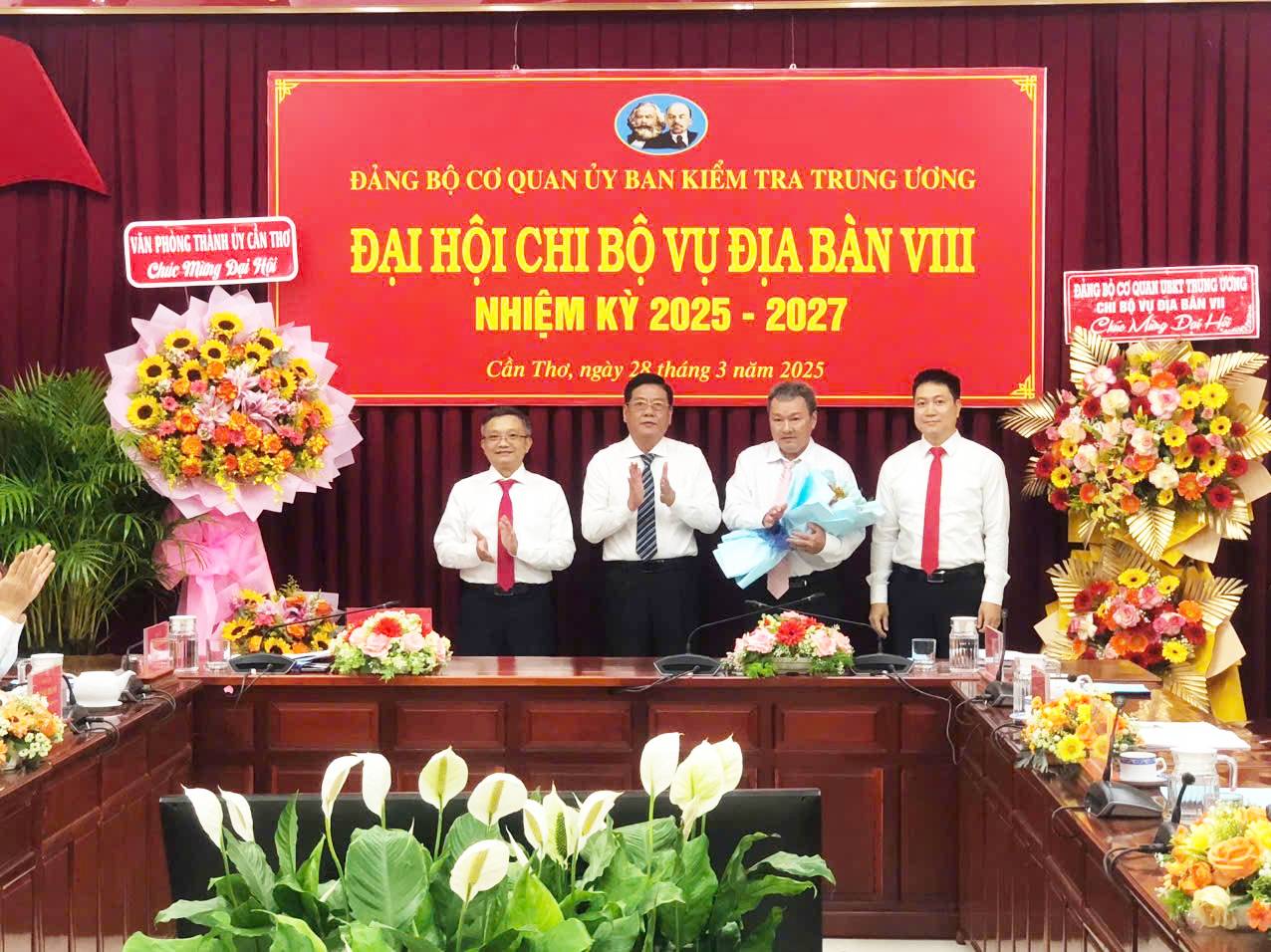

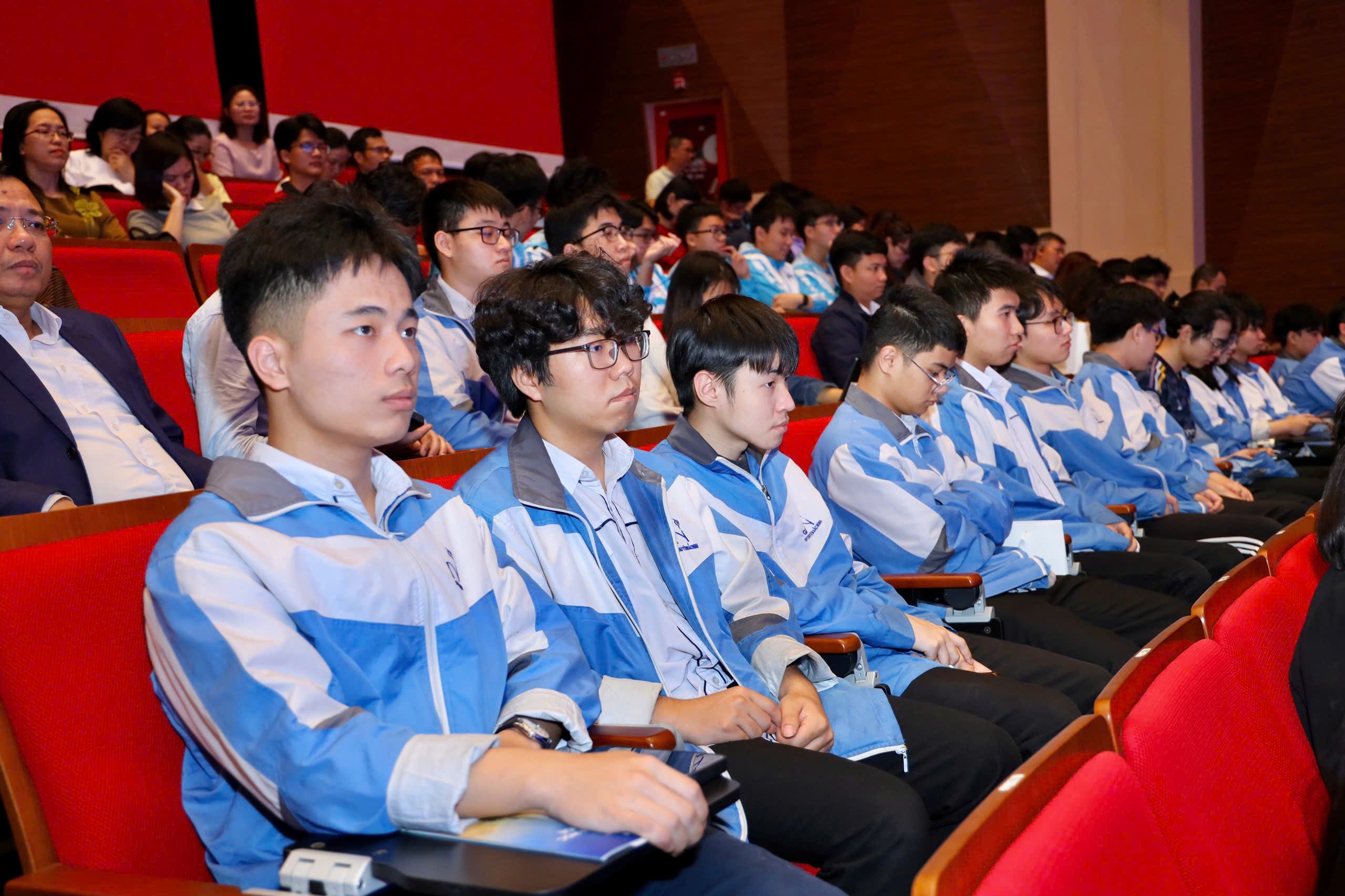


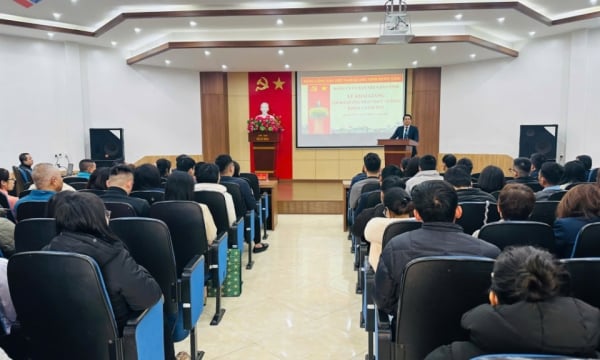

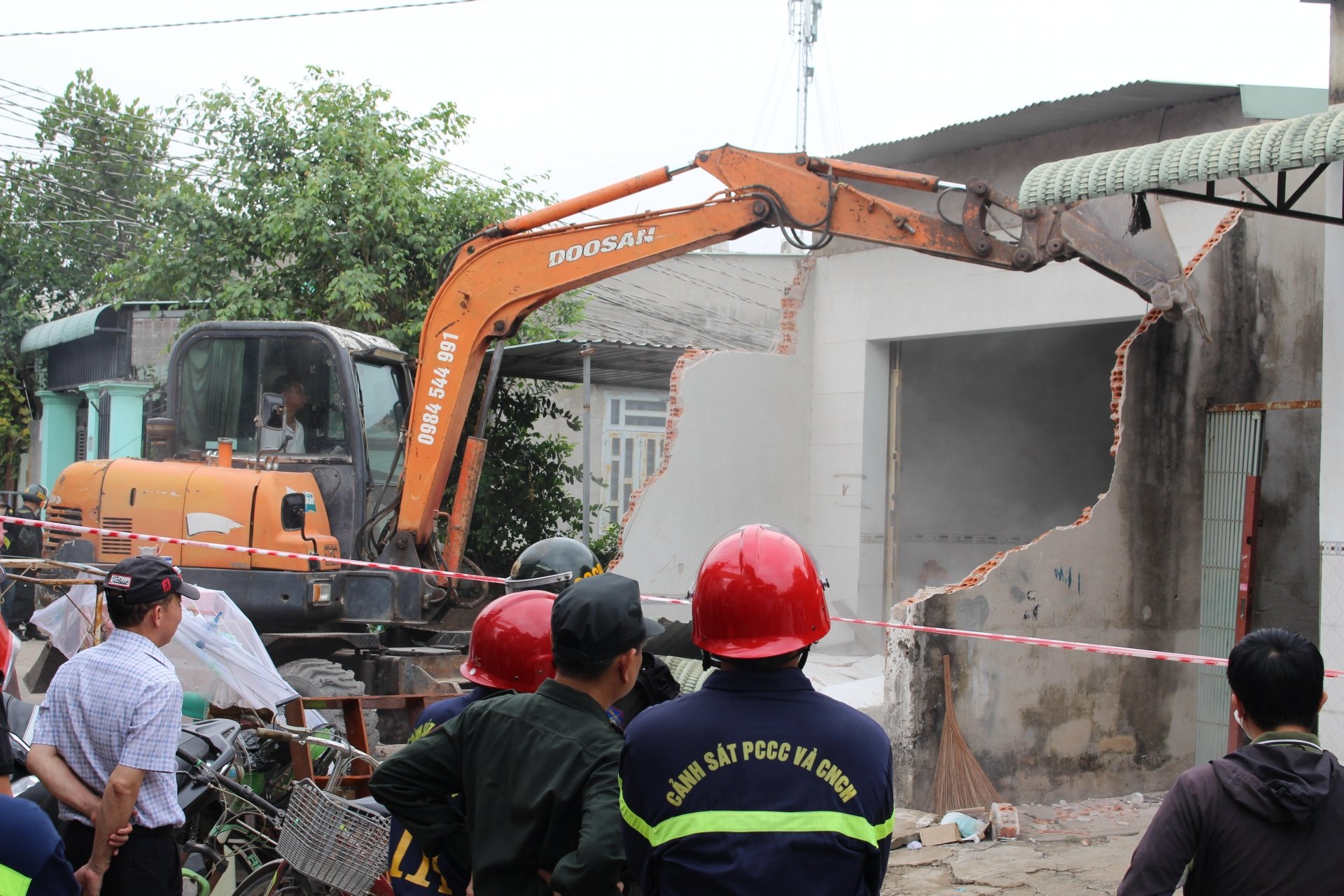

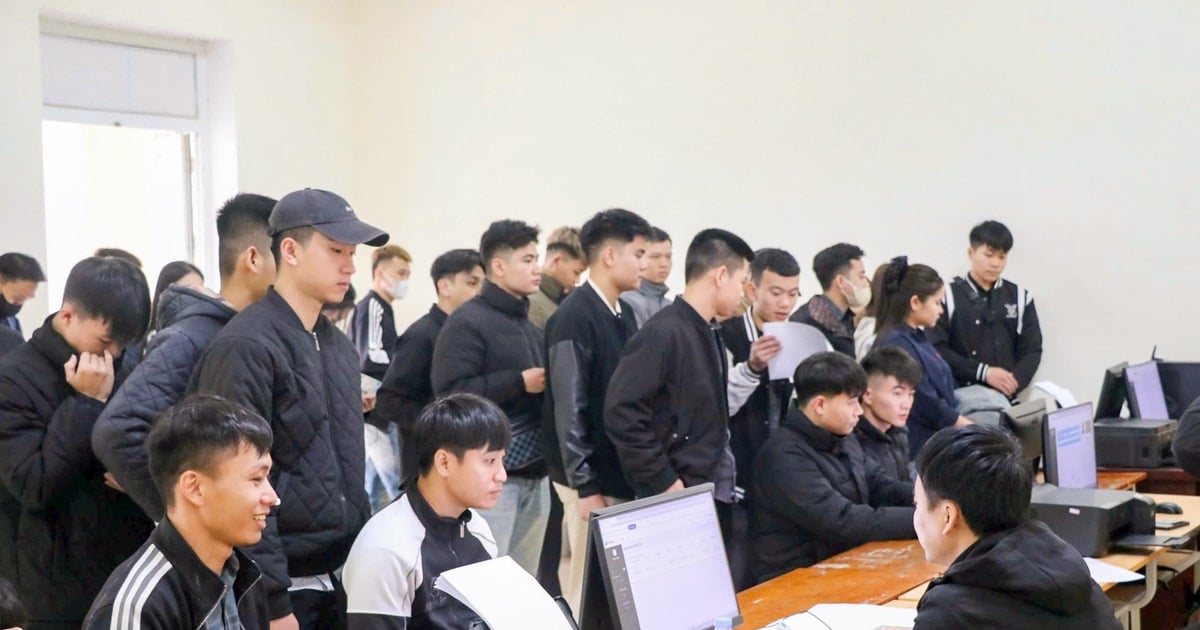

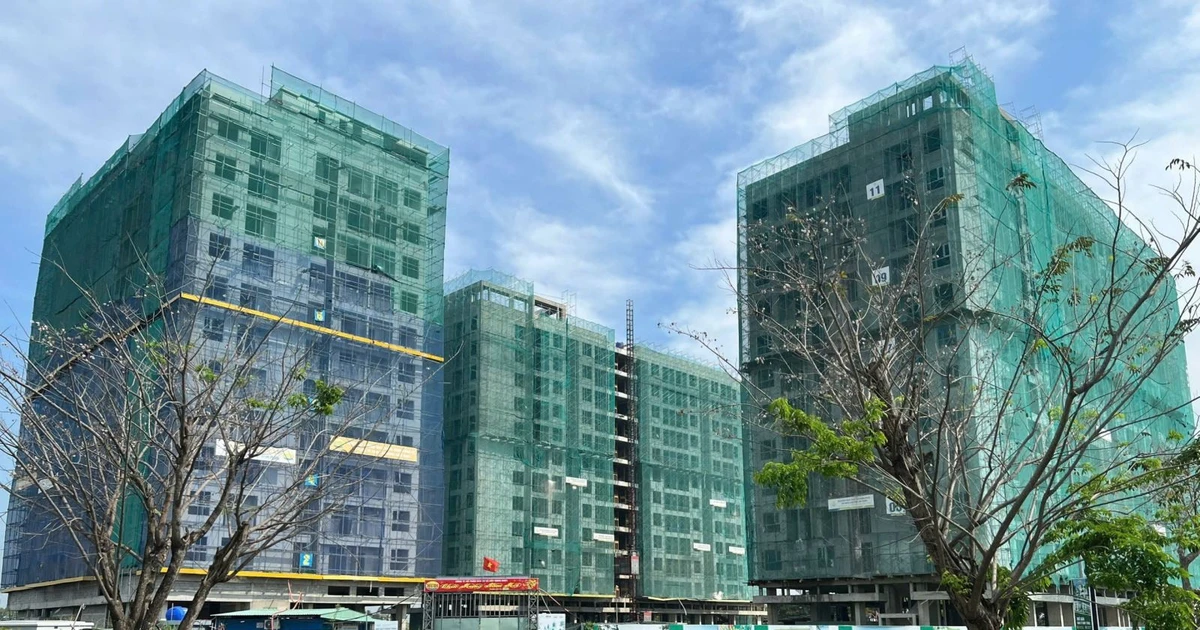

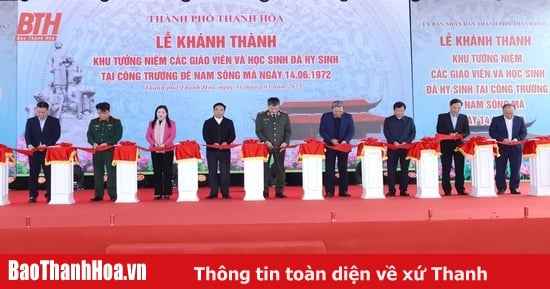







![[REVIEW OCOP] An Lanh Huong Vet Yen Cat](https://vstatic.vietnam.vn/vietnam/resource/IMAGE/2025/3/27/c25032328e9a47be9991d5be7c0cad8c)


Comment (0)